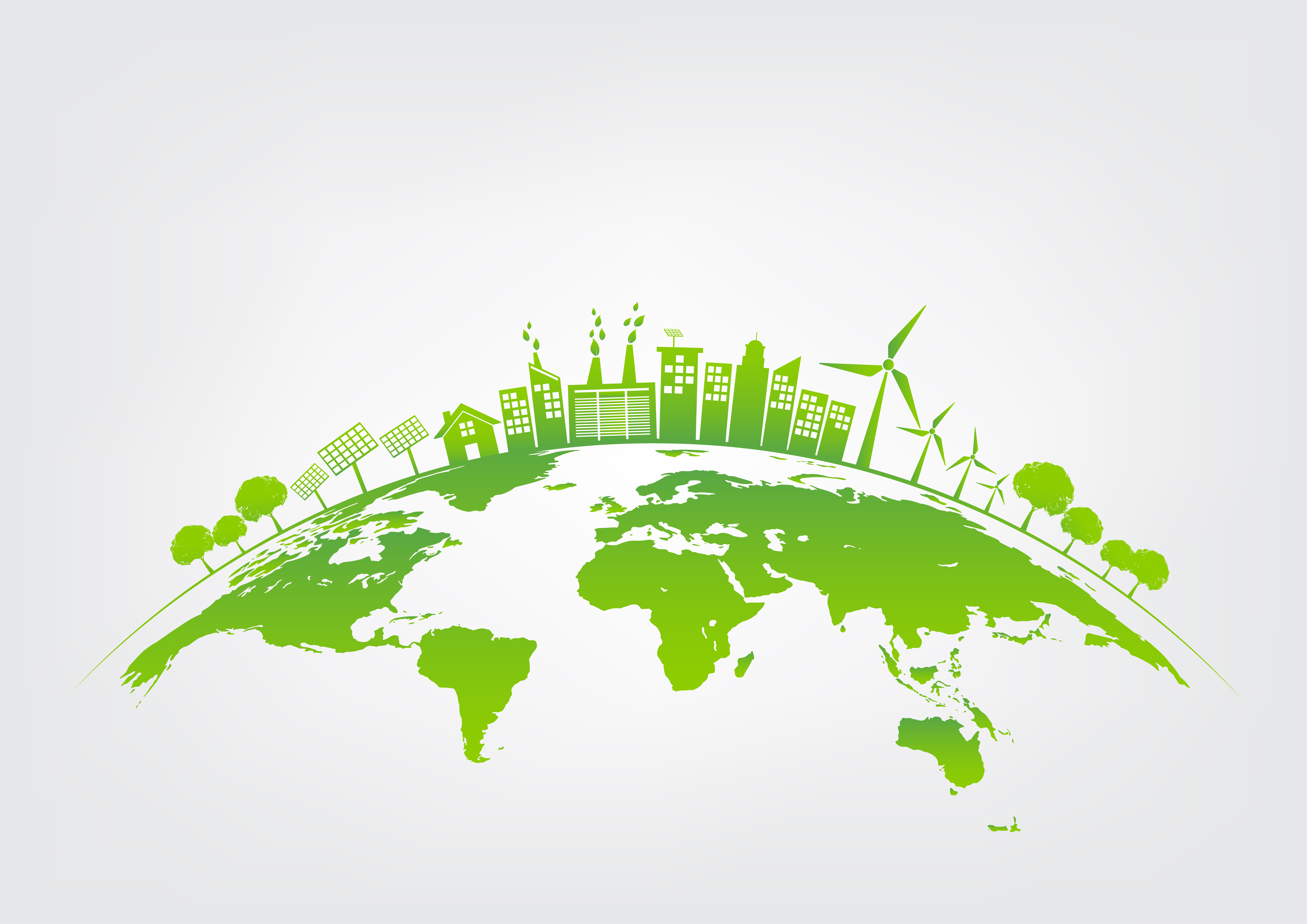The eponymous quote is a free translation of James Bond’s family motto Orbis non sufficit (yes, I know he’s a fictional character and I know a better translation is ‘the world is insufficient’). James Bond was right though because, in environmental sustainability terms at least, the world is not enough.
The planet does not need saving; it can adapt and look after itself. Instead, it’s us that need saving; saving from a potentially very hostile climate, overpopulation, food shortages, and civil unrest.
Optimistically, we try to do the right thing but our natural avarice is stoked by the prod of marketing messages. We may be driven by technology – we need that leading edge computer to replace last year’s model, that new gadget that will make our lives so much easier, that buy one get one free deal. Apart from the good stuff, there is a whole industry devoted to creating and transporting poor products, which we buy and discard without really using. Sometimes it’s because of poor quality (why are most cheap tools seemingly made of cheese?) and sometimes it’s because it’s just not useful (I still cannot see the point of Christmas crackers – we buy them, we pull them and then throw them away).
There are strange financial drivers which encourage you to discard rather than repair. The other week, the ‘O’-ring seal on my push-fit hose connector split. It was cheaper to buy a whole new connector than the small ‘O’-ring seal (which only came in packs in any case). So, that’s what I did.
Life is complicated and arguments are never straightforward. Whole socio-economic systems rely on the circulation of goods. I read recently in The Environmentalist (P.18, Issue 90, 18th Jan 2010) about a well intentioned plan by the Swedish government to educate their local populace on the benefits of buying local produce. More sustainable and a jolly good idea you might think. But no, it flies in the face of a fundamental principle of the European Union – free movement of goods. So, that put paid to that.
We all know that we cannot go on like this. And, indeed, there’s lots of environmental tokenism around. The vehicle scrappage scheme was principally brought in to financially stimulate the depressed car manufacturing industry (see here ). But environmental benefits of investing in new, fuel efficient vehicles have been suggested too. I’m not convinced that the scrappage scheme has any environmental benefits whatsoever. I don’t know for sure, but I would think that any benefits from fuel efficiency would be completely squashed by energy and resources used in manufacturing the new vehicle and disposing of the old.
I think we probably all want to do the right thing (with the possible exception of Jeremy Clarkson, a self-confessed petrol-head), but let’s not create obstacles for ourselves and let’s make it count – for us and for our children.

im not sure what the main argument is here – one moment you are talking about consumerism and then you are talking about the environment – also buying local produce does not necessarily mean we would consume or want less – it just means we would get our products from a local source – we would be just as greedy – it might cut down on fuel and carbon etc but the tradign system in europe is too much set in its ways to change now – having said that if we want to move away from the EU we can do so if we want to